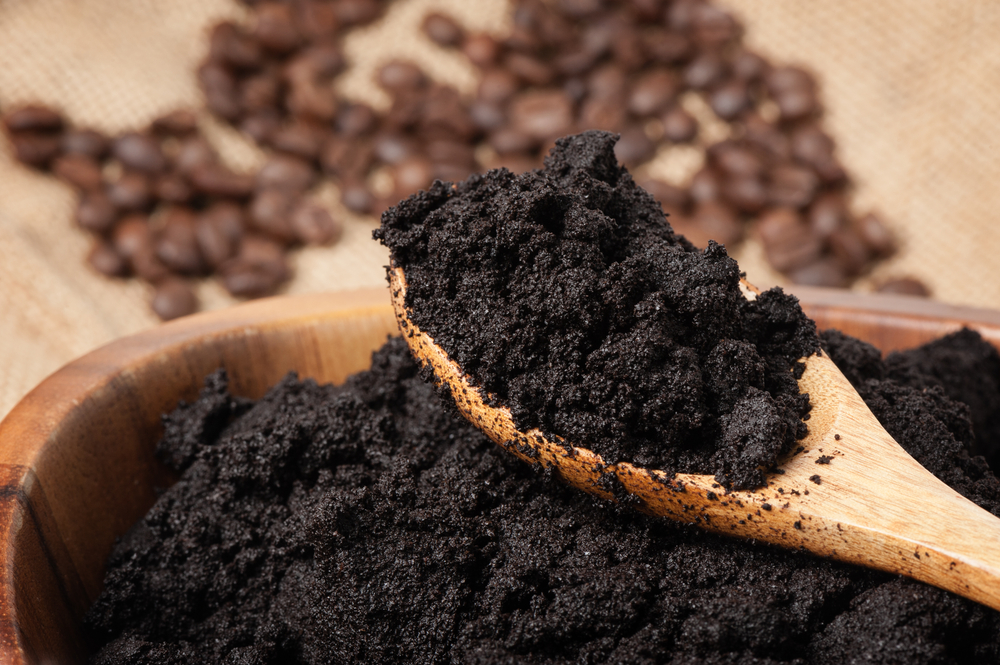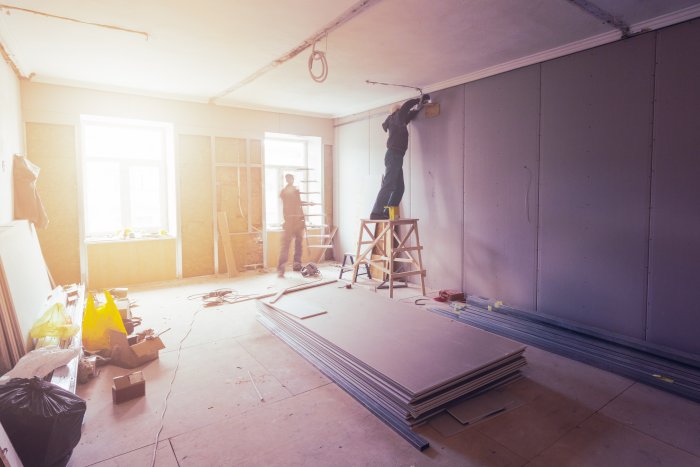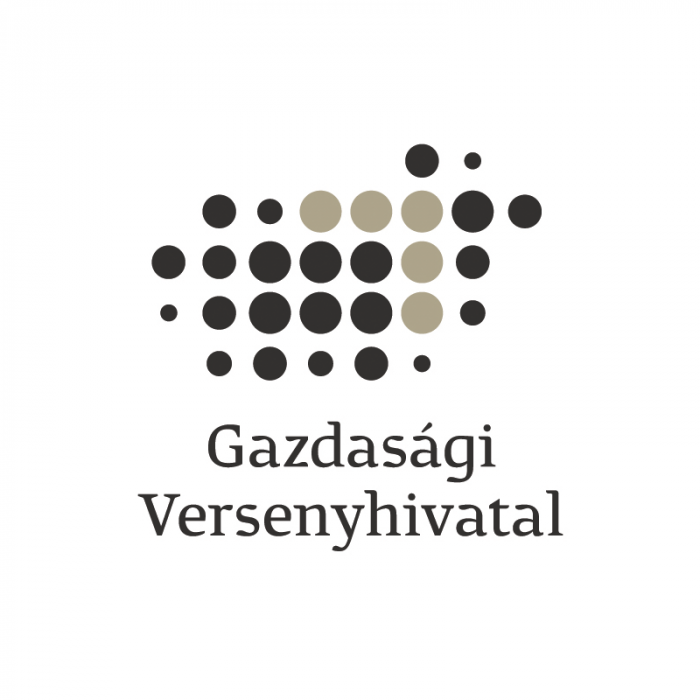Coca-Cola HBC, Mate Launch Coffee Grounds Recycling Contest

Coca-Cola HBC Hungary and the Hungarian University of Agricultural and Life Sciences (Mate) joined forces to comprehensively investigate the coffee grounds produced during day-to-day coffee consumption and explore ways to recycle them. As a first step of the project, a student competition has been launched to develop a safe collection and recovery system for coffee grounds generated by the HoReCa partners of Coca-Cola HBC Hungary.
Currently, nearly 80% of the adult population in Hungary drinks coffee on a daily basis, consuming 18,000 tons of coffee annually, from which more than 14,000 tons of coffee grounds are produced. The vast majority of grounds, rich in valuable substances, are currently wasted because they are not connected to the cycle.
Coca-Cola HBC Hungary has been the exclusive distributor of Costa Coffee since 2020 and Caffè Vergnano since the beginning of 2022, and one of the top 3 actors in the premium HoReCa coffee market in Hungary. The company sells coffee to more than 2,200 customers in the hospitality industry nationwide. The company has recently carried out a survey among its hospitality partners on the use of coffee grounds to find out their opinions and experiences.
Nearly half of the respondents (48%) simply put the coffee grounds in the trash. Nearly 10% compost the important by-product, and although one in 10 participants would like to recycle the coffee grounds, they do not have the opportunity to do so at the moment.
A minority of partners currently use coffee grounds by putting them into the soil of plants, while others pour them down the drain. The survey also showed that more than half (53%) of the HoReCa partners of the company that have been interviewed are interested in the coffee grounds collection system and the possibility of joining it in the future.
Finding a Way to Utilize Coffee Grounds
Coca-Cola HBC Hungary and the Buda campus of the Hungarian University of Agriculture and Life Sciences (Mate) are collaborating to explore how we can give new life to the coffee grounds we use every day. The project will first attempt to develop a safe collection and recovery system for coffee grounds generated in the hospitality industry, with the involvement of university students. The work will not end here, Coca-Cola HBC Hungary hopes to put the ideas submitted in the competition into practice in the future among their HoReCa customers.
"I was delighted that Coca-Cola HBC Hungary contacted us, it is very useful for the students to learn about the corporate approach and gain experience. Coffee grounds are not just waste, but a valuable product rich in minerals, yet there are hardly any good practices for integrating them into the cycle. Coffee grounds are made up of valuable ingredients that allow them to be recycled in other industries (such as food, pharmaceutical, agriculture, packaging, fuels), but storing them until reuse, while preserving their value, is an unresolved issue," said Katalin Badakné Kerti, associate professor at Mate.
The aim of the "Coffee Groundsaver" competition, which closes in November, is to create, think through, and develop feasible, creative solutions worth to test in the market that enable coffee grounds to be collected and delivered to the processing site in such a way that the value of the raw material is not impaired and its usefulness is preserved. Some 27 student groups have applied for the competition and have time until mid-November to develop their ideas and present their solutions to the jury.
"The transition to a circular economy requires a major shift in approach, from product design and production, through logistics processes, to use. Our company is committed to credibility and reliability, which is one of the reasons why we are opening up to science. We aim to build a future where unnecessary or wasteful use of raw materials can be avoided and where materials retain their value in the cycle for a long time. We are very hopeful that the students' input will result in functional creative ideas that will lead the way forward and enable us to offer our customers a solution to safely collect the coffee grounds they generate," said Gergely Éder, QSE Mmnager of Coca-Cola HBC Hungary, one of the judges of the competition.
The entries are going to be judged by László Friedrich, director of Mate Institute of Food Science and Technology; Katalin Badakné Kerti, Mate associate professor, responsible for Chocolate-Coffee-Tea Processing Engineering and Consulting training program; Dóra Karsai, external communications manager of Coca-Cola HBC Hungary; Péter Ákontz, HoReCa sales manager of the company; Gergely Éder, QSE manager of Coca-Cola HBC Hungary; Zsuzsanna Kertész-Káldosi, environmental consultant of Hungarian Association of Environmental Enterprises; Mercédesz Gyükeri, head of the economy section at HVG; and Gábor Kiss, head of Purchasing Department at Mobil Petrol, which operates 47 gas stations in Hungary. Mobil Petrol is a major partner of Coca-Cola HBC, and in the course of their daily operations, they generate a significant amount of coffee grounds, which they would like to connect into the cycle.
SUPPORT THE BUDAPEST BUSINESS JOURNAL
Producing journalism that is worthy of the name is a costly business. For 27 years, the publishers, editors and reporters of the Budapest Business Journal have striven to bring you business news that works, information that you can trust, that is factual, accurate and presented without fear or favor.
Newspaper organizations across the globe have struggled to find a business model that allows them to continue to excel, without compromising their ability to perform. Most recently, some have experimented with the idea of involving their most important stakeholders, their readers.
We would like to offer that same opportunity to our readers. We would like to invite you to help us deliver the quality business journalism you require. Hit our Support the BBJ button and you can choose the how much and how often you send us your contributions.





.jpg)

.jpg)

